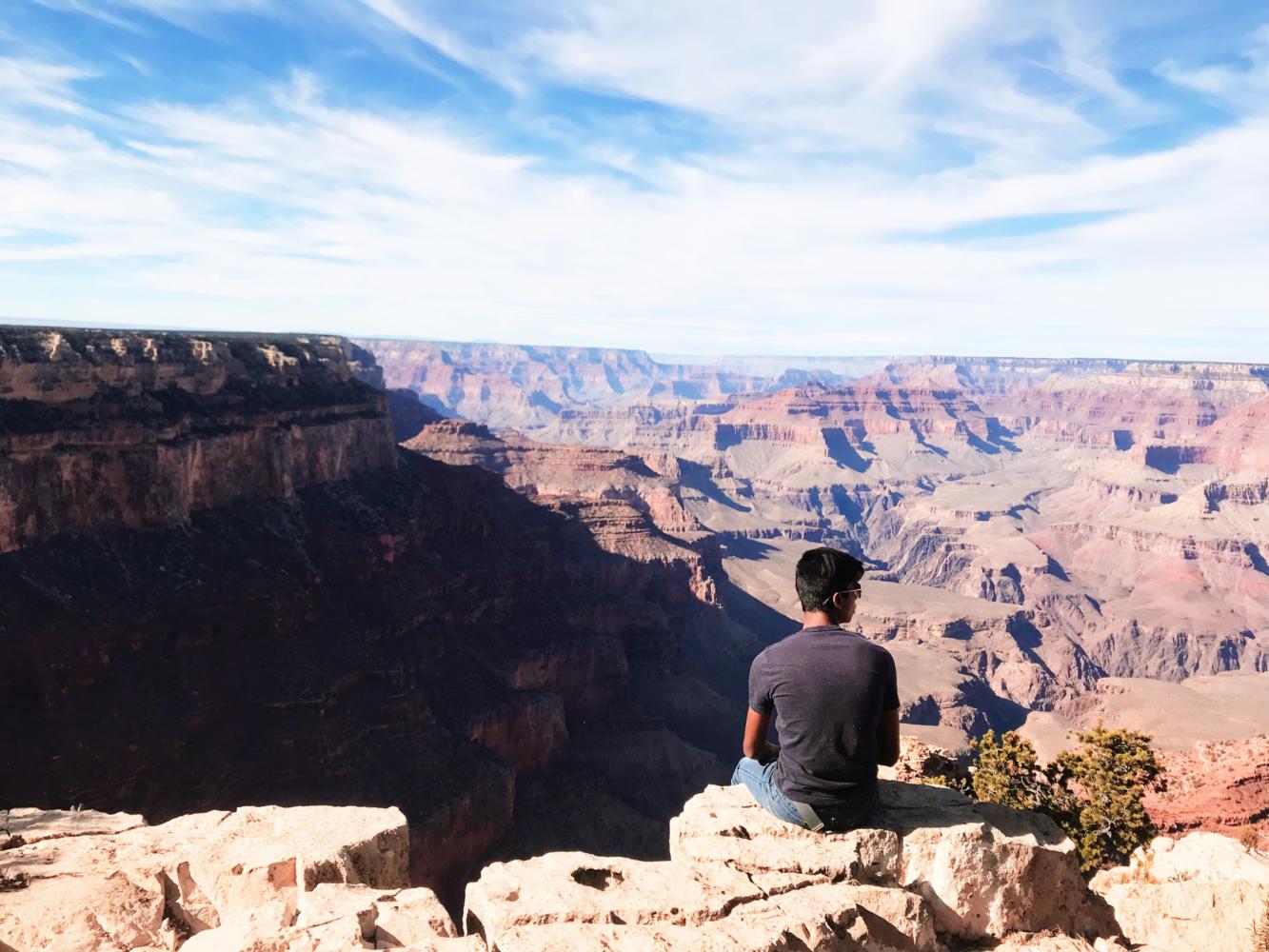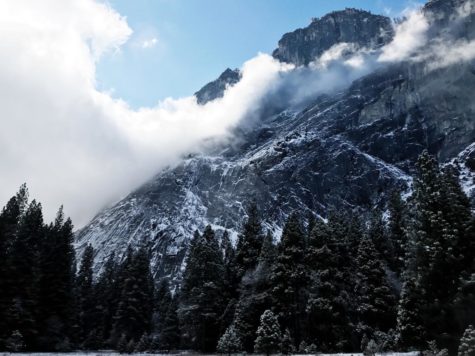
By: Savi Raghuraman | News Editor
January 17, 2019
As the U.S. government shutdown approaches its fifth week, the dysfunction is most visible in our national parks. With only a fraction of the usual staff to protect them, these treasure troves of natural resources set aside for ecosystem conservation and public enjoyment have suffered at the hands of the normal holiday crowds, but many concerned Americans have risen to the challenge to be of assistance.
Shutdowns in the past haven’t posed as much of a danger to national parks. In the shutdowns of 1995 and 2013, the presidential administrations decided to suspend all public access to the federal land, an unpopular choice among the public that hurt them politically. Last year, like this year, the Trump administration kept the parks open with minimal staffing during the shutdown, but, because the government reopened three days later, few notable impacts were visible. However, a month without employees to maintain park facilities and enforce park rules has proved more of a danger to the welfare of the parks. Some people believe that having the parks open when there is no proper care for them is unwise. “I wish they could be kept open properly,” San Clemente High School senior Sarah Lindsey said. “But, to preserve them, I think they should be closed.”

With over 21,000 furloughed employees, including rangers, cleaning crews, wildlife specialists, public safety officers, and administrators, the few remaining are stretched thin. Trash cans are overflowing, bathrooms shuttered. Without enough park officials on patrol, regulations protecting wildlife and habitats are ignored. In Yosemite National Park, visitors have been stepping off boardwalks and trails to tread on fragile meadows, and leaving their litter and food remains out for bears and other animals, which only makes these species more comfortable around humans and more dangerous to future visitors. Meanwhile, in Joshua Tree National Park, some people have even cut down the protected trees to make room for their vehicles to drive off road. “The trees were so beautiful, covered with snow,” senior Katia Najd said, recalling her own experience in national parks. “I don’t want them to be destroyed.”
Amid the disorder, many Americans have come forward with solutions. States have given funds to their national parks, such as Grand Canyon, Arches, and Zion, all in Utah, to keep certain essential procedures going. Quite a few private businesses that operate in and around the national parks have taken on the extra burden, providing portable bathrooms, cleaning up trash, and informing visitors of how they can help and avoid causing further damage. In addition, volunteer crews of hardworking citizens have been foraying into a variety of national parks, armed with trash bags and a love of their parks.
Some parks have already resorted to the ultimate course of action, closing down the national parks completely for their protection from even more lasting damage. If Americans don’t have to sacrifice park access, the natural environment may pay the price of the shutdown instead.

Leave a Reply